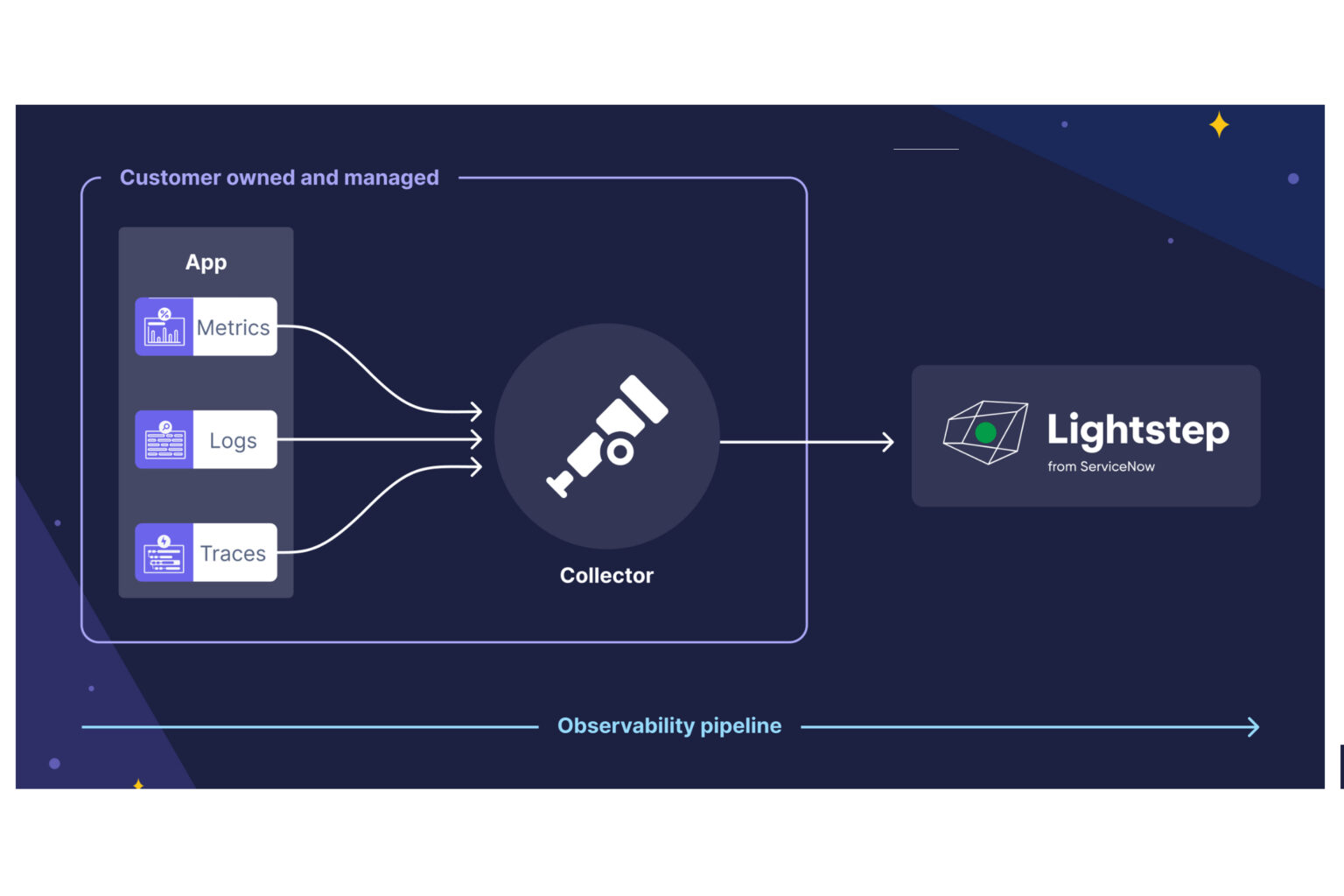OpenTelemetry: The Future of Cloud-Native Development
Gaining insight into the performance of applications and environments is becoming increasingly important as organizations become more fragmented. OpenTelemetry (OTEL) is playing a crucial role in this, according to Austin Parker of Lightstep.
Lightstep is a company that specializes in OTEL and observability, founded by former Google engineers about seven years ago. It is now part of the ServiceNow portfolio. Their goal is to make telemetry part of cloud native.
From Monitoring to Observability
Organizations usually monitor something, collecting telemetry and logs from their entire infrastructure. However, this is not enough to gain insight. To be able to make well-founded decisions, organizations need to be able to do more with the data.
Kubernetes and serverless architectures are making it more important to set up observability properly. This involves collecting data intelligently and on a standard basis. This is where Lightstep comes in.
UQL and OTEL
Lightstep’s observability differs from what many other parties offer, as it uses UQL (Universal Query Language), a query language developed by Lightstep. This allows them to merge telemetry into a single platform.
UQL is where “the magic happens”, according to Parker. He explains that many other parties offer point solutions from third parties, whereas Lightstep only needs the right data, traces, metrics and logs in the same format, which can be addressed with the same query language.
Parker explains that he would have liked such a solution when he worked as a DevOps engineer. He was often woken up at night because a build broke and had to go through release certifications without knowing what was broken. With Lightstep, this would no longer be necessary.





